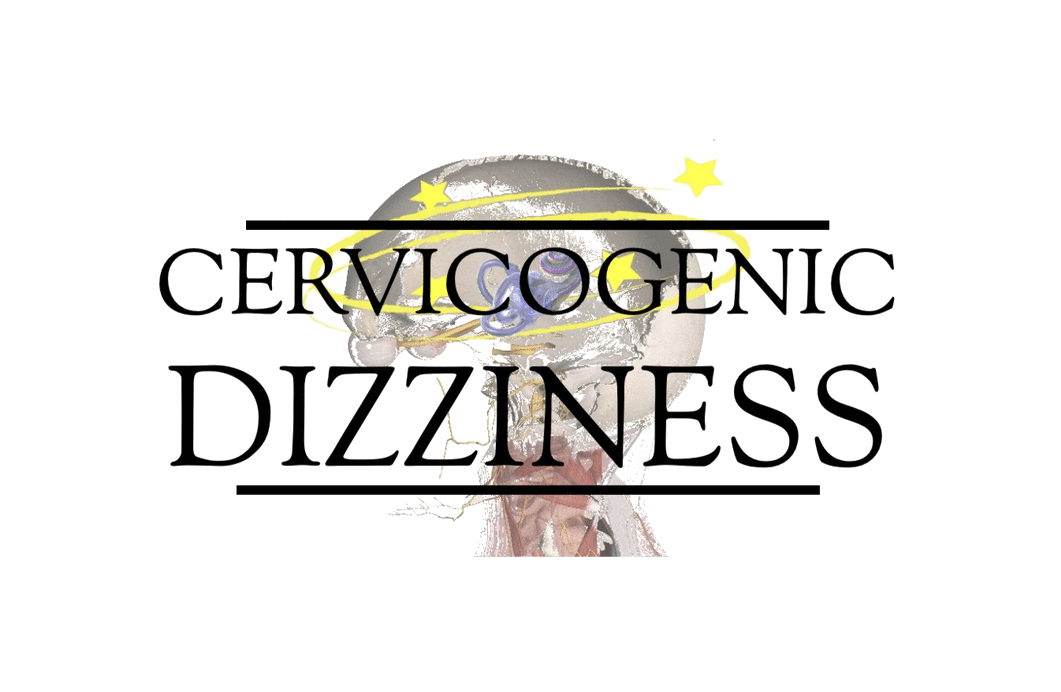What is Cervicogenic Dizziness?
January 5, 2022Why is Cervicogenic Dizziness controversial?
February 1, 2022
What is the difference between vertigo and Cervicogenic Dizziness is a common question. It is very important to differentiate between the two medical conditions.
Knowing the difference is necessary to effectively treat Cervicogenic Dizziness. The correct treatment cannot be provided if the diagnosis is not correct.
We have to interpret what the patient is telling us and these descriptors are highly important. In the medical field, we consider this the patient history of subjective component of an examination. This can be a great way to initially differentiate between vertigo and Cervicogenic Dizziness.
So generally speaking, if you ask someone about dizziness, it can mean different things to different people. This is broader and different than vertigo. Vertigo itself usually is the room spinning around you and usually lends itself as BPPV.
When we talk about Cervicogenic Dizziness, we use the term dizziness but this is broad. Some cultures still use dizziness and no difference in vertigo and difference. Actual vertigo is a rare description of symptoms that are solely coming from the cervical spine.
What else can be used besides dizziness?
Therefore, it is common to ask the patient to describe symptoms without using the word dizziness. This is a key phrase to help in differential diagnosis.
Cervicogenic dizziness component is a separate entity for the most part. These individuals will describe the symptoms as lightheadedness, unsteadiness and even drunkenness. You can read more about symptoms of Cervicogenic Dizziness in a prior article of ours.
One of the best studies on this topic was performed in 2014 by Bénédicte L’Heureux-Lebeau and colleagues. They analyzed the different descriptors of vertigo and Cervicogenic Dizziness. This is a great study and one we often refer to in our teaching.
We break down the difference in vertigo and Cervicogenic Dizziness in our diagnostic book if you would like more details. You can also watch the video of me discussing this topic below.
